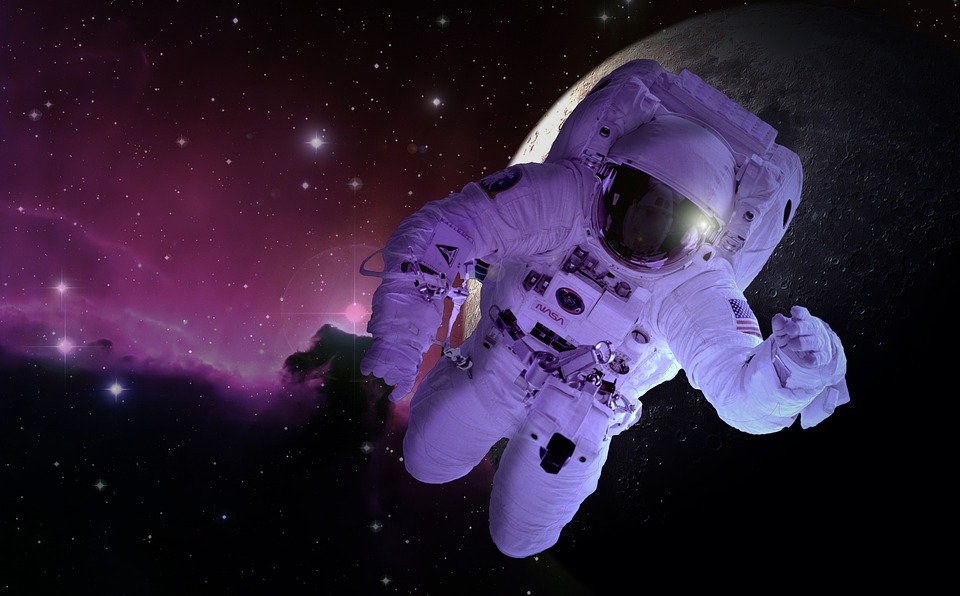Scientists from UT Southwestern conducted research and found that an astronaut’s heart grew smaller in size or shrank after being aboard the ISS (International Space Station) for close to a year. The shrink happened even with regular exercise.
According to a report published on Phys.org, with NASA preparing to send human beings to Mars by 2030, experts are now looking at how spending a long time in space can affect the human body. TheThe results they’ve come up with can be compared to the studies conducted on long-distance swimmers that have spent almost twelve months trying to swim across the Pacific.
This new research titled “Cardiac Effects of Repeated Weightlessness During Extreme Duration Swimming Compared With Spaceflight” that was published in Circulation, shows how the rtd astronaut, Scot Kelly, lost around .74-grams in mass every week of his heart’s left ventricle during the one year he was aboard the ISS.
The Heart was Functioning Despite the Shrinkage
Scott Kelly’s heart grew smaller despite the fact that he was exercising six days a week doing resistance training, cycling, and running on the treadmill.
But, according to Professor Benjamin Levine, MD of UT Southwestern, despite the heart’s shrinkage, the heart showed that it still had the ability to adapt relatively well. Dr. Levine confirmed that the heard did become smaller in size. The doctor said that even though it did atrophy, it still remained fully functional. He further explained how encouraging this all is given the fact that NASA is looking to send more humans into space. It shows that you can still have a functioning heart even after you’ve stayed over twelve months in space.


